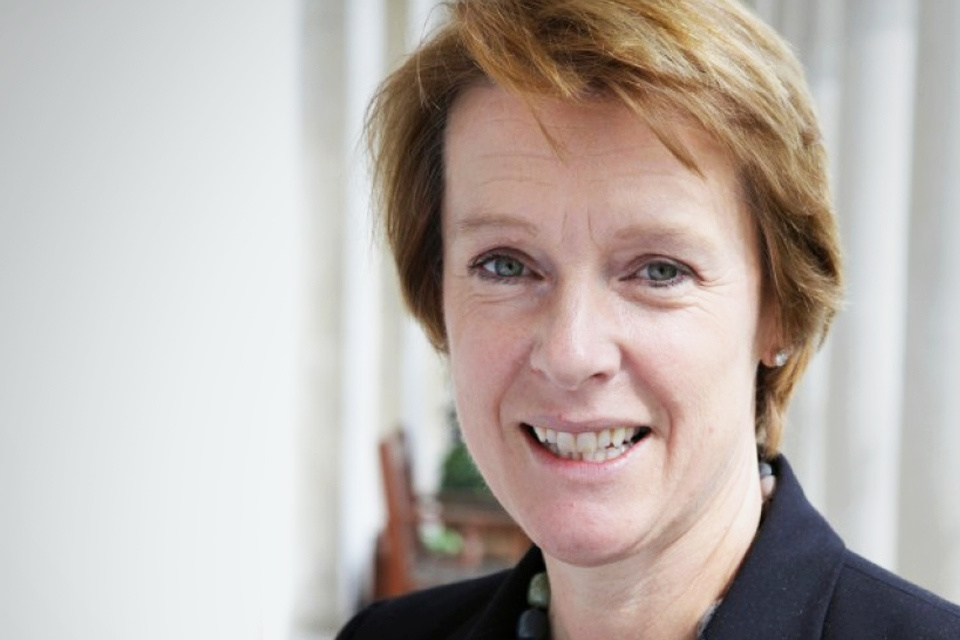Caroline Spelman’s speech at Nagoya biodiversity conference
Caroline Spelman’s speech at Nagoya biodiversity conference.

I think that we are all clear that we are now within touching distance of a historic agreement here in Nagoya.
I have been greatly encouraged by the positive spirit of cooperation as I have talked to colleagues since I arrived on Monday, and I would like to pay tribute to our hosts, who have done so much to provide a splendid environment for our discussions.
I have been very impressed by how much progress has been made on such a wide range of sometimes difficult issues, and I am confident that we can now see home an ambitious package of measures, which can really make a difference to our natural world.
Finance is essential if we are going to address these challenges. We already know that the Global Environment Facility will spend $1.2 billion on biodiversity over the 2010-14 period, following its successful replenishment with $4.3 billion - the UK increased its contribution by 50%. And the GEF has also established a new $250 million programme for sustainable forest management which will deliver climate change and biodiversity benefits.
These are difficult times, and last week the UK government announced deep cuts in public expenditure. But we are still providing new money for climate finance and a substantial portion of it will be for forestry. This will deliver biodiversity co-benefits. And I am delighted to announce that the UK will provide a new special fund of £100m over the next four years specifically designed to deliver biodiversity benefits through international forestry.
The UK is very proud of its highly successful Darwin Initiative, which has delivered over 700 projects in 156 countries around the world. They have contributed to biodiversity objectives, poverty alleviation and sustainable livelihoods.
I am also delighted to say that the UK will not only sustain the existing level of funding of £7m per year, but now plans to increase it over the next four years.
In addition, we will provide the following new funding commitments supporting international biodiversity:
- £2 million over the next four years to help establish the Intergovernmental science-policy Platform on Biodiversity and Ecosystem services, known as “IPP-BESS”;
- £200,000 funding for an initiative to save the endangered Henderson petrel in the Pacific; and
- £400,000 towards TEEB follow-up for case studies and capacity building in developing countries;
The UK is committed to bringing about real change in the way in which natural capital and ecosystem services are valued and mainstream into decision making processes. To help achieve this, I am delighted to announce that the UK is supporting the preparation of the Global Partnership on Ecosystem Services Valuation and Wealth Accounting.
So, I hope that these announcements will reassure everybody here that we are serious about our commitment to dealing with the challenges we all face. The UK Government is making deep reductions in public expenditure. Even so, we are increasing our funding for international biodiversity and we will meet our commitment to provide 0.7% of our GNI in overseas development assistance from 2013.
But of course it is not just a question of providing resources. We know that we must all agree on a Strategic plan which sets clear ambitious and achievable targets to address the key challenges facing biodiversity and tackle biodiversity loss.
We must also reach agreement on a protocol on Access and Benefit Sharing, ensuring fair and transparent access to genetic resources and fair and equitable sharing of the benefits from their use.
That is the challenge we face, and I firmly believe that we are now well-placed to finalise this crucial package.
It is essential that biodiversity, climate change, food security and poverty reduction are tackled together. We will not succeed if we try to deal with them individually. The Summit last month in New York, our meeting in Nagoya this week and Cancun next month provide us with a tremendous opportunity to address these interlinked challenges. Together, we must seize it. We simply cannot afford not to.